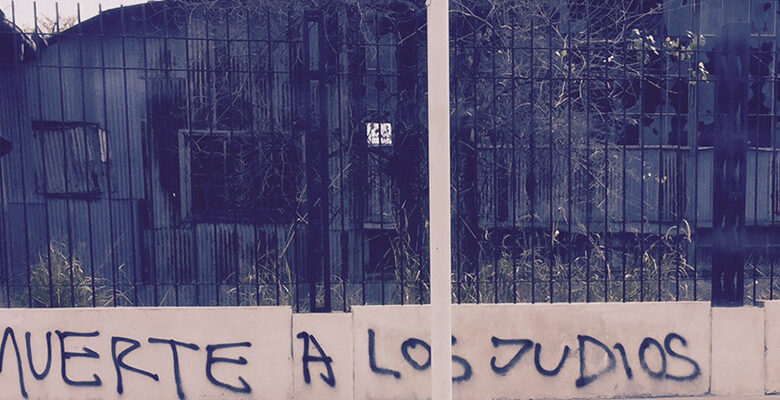Ignorance or inherited antisemitism?

Listen this article
181,800 Jewish live in Argentina and historic rejection doesn’t seem to be in the past
As Erique Krauze previously explained in his text “Anti-Semitism stirs in Latin America”, in 1938, Jorge Luis Borges described Argentina as anti-Semitism based on European models.
This had been true for decades, not only in Argentina but elsewhere in Latin America where anti-Semitism was based on two imported hatreds: the ancient anti-Judaism of the Spanish Catholic tradition and the modern European racism of the 19th and 20th centuries. In recent years, however, such feelings have been heightened by a third influence, the Israeli-Palestinian conflict.
Some Spanish “conversos”, or secret Jews, settled and started living in Argentina during the colonial period (16th–19th century). After Argentina gained independence, the General Assembly of 1813 officially abolished the Inquisition to allow a second wave of Jewish immigration from Europe during revolutions and extensive social disruption.
Much of the Great European immigration wave that arrived to Argentina came from Western Europe, especially France.
In 1860, the first Jewish wedding was recorded in Buenos Aires. A minyan was organized for High Holiday services a few years later as proof of the absolute settlement of the Jewish population in Argentina.
The South American country kept its doors open to Jewish immigration until 1938 when Adolf Hitler and the Nazis in Germany began to take actions against Jews, and tensions rose across Europe in preparation for war. The government imposed new regulations on immigration. The Second World War was the boiling point for the anti-Semitism feeling that started in the region.

Between 1976 and 1983, Argentina was ruled by a military junta that oppressed many and disappeared countless. During this period, Jewish were the prime target of the military government. This was partially due to the Nazi ideology, which permeated the ranks of the military, with some generals being obsessed with the "Jewish question" or the “Andinia Plan", a fictional Israeli conspiracy to take over part of the Patagonia region and establish a second Jewish state there.
Anti-Semitism has once again resurfaced in Argentina. Swastikas and insults painted on the walls of colleges and institutions of the Jewish community and even some are stamped on the bars of the Israel’s Embassy, among others, have once again tarnished the current society of the South American country.
LatinAmerican Post | Manuela Pulido Gutiérrez
Copy edited by Susana Cicchetto





